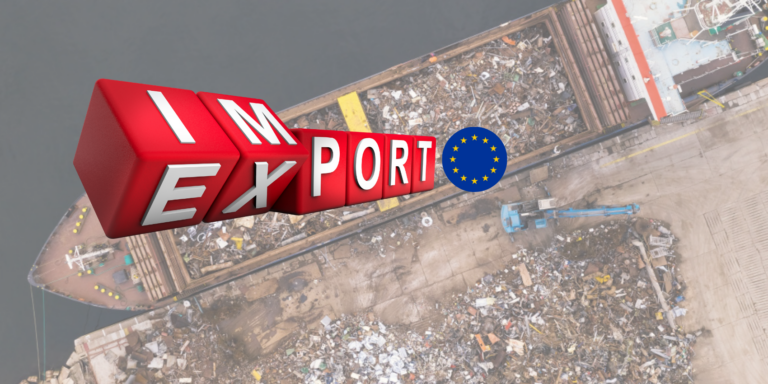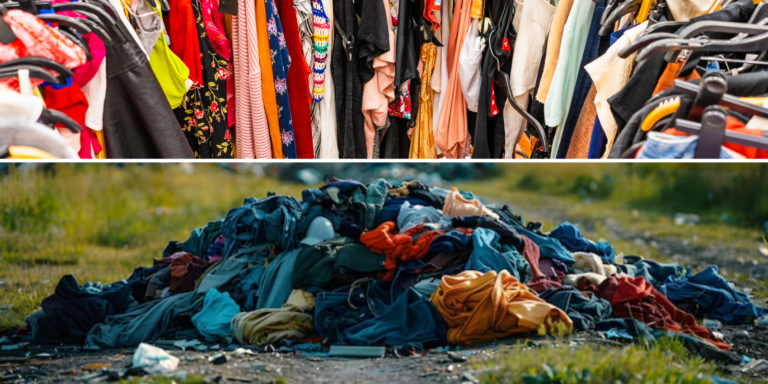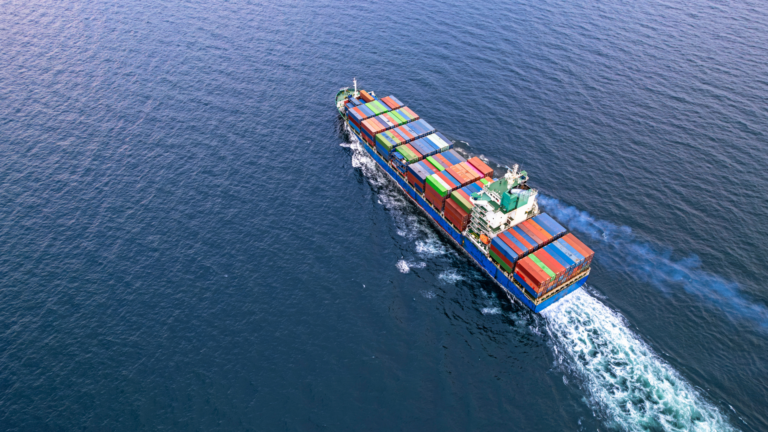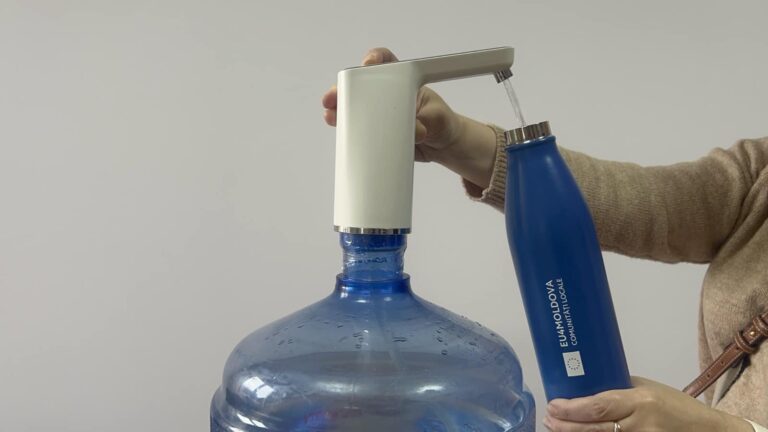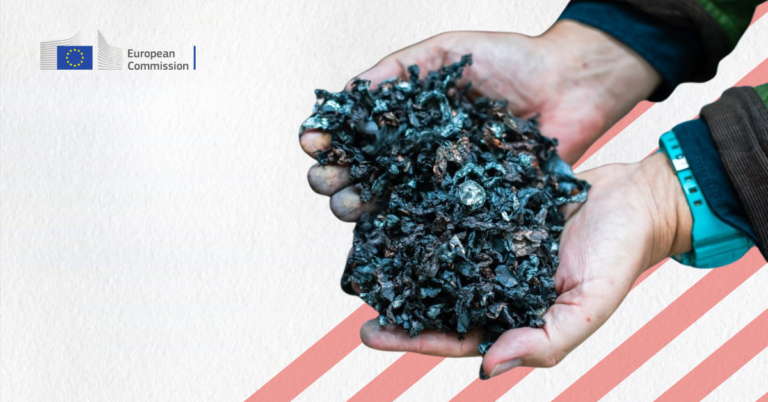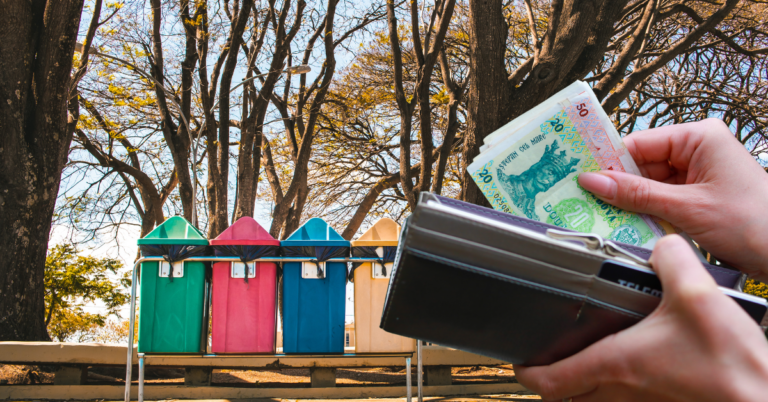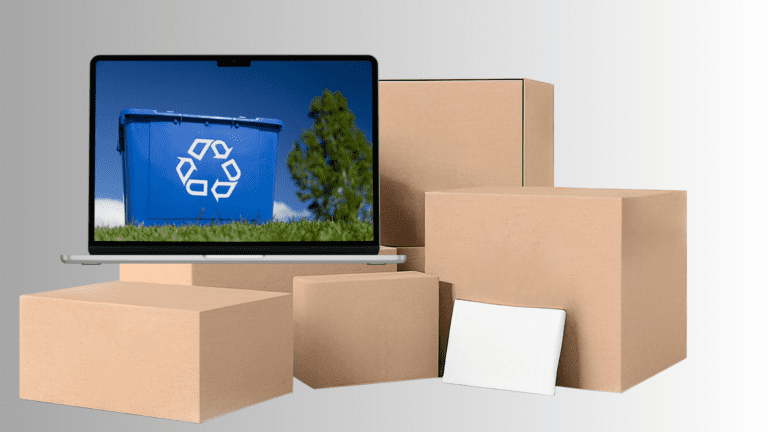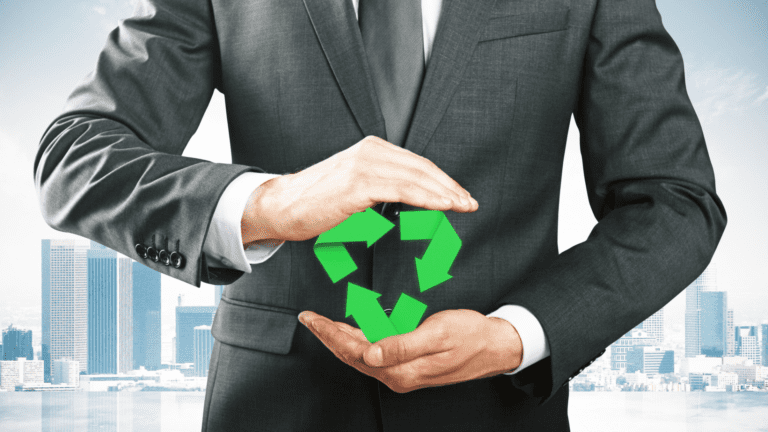Interview with Eugeniu Butucea, Director of "Salubris Grup" SRL
Details
Landfill source of raw material
Global warming, the shortage of natural resources, the increase in pollution indices, are just some of the most urgent problems facing humanity. Unfortunately, the worst thing is the speed with which these things happen, so that most of the time we don't even manage to intervene or change the destructive linear vector.
For many years there has been talk about environmental problems generated by a non-functional waste management system. Unauthorized waste storage pits appear like mushrooms after the rain, and a large part of the population is not even remotely aware of the consequences of the irrational consumption of resources and their disposal mixed in the trash can. In the end, these actions represent a waste of natural resources, since recyclables no longer end up being transformed into raw materials, which could feed the national economy.

And yet, things are moving, albeit with small steps, and this only thanks to an extremely small number of collection and recycling companies at the national level. Their task is not easy at all, even more so when the legal framework is not exactly favorable, and the involvement and support from the authorities is insufficient. In issue 23 of the "Waste Management" Magazine, we challenged Eugeniu Butucea, Director of the sanitation company "Salubris Grup" SRL, to present his experience in the field of waste management during the 6 years of activity, which are the lessons learned, challenges encountered and future plans.
MD: It is admirable to meet people like Eugeniu in Moldova, who, despite the obstacles and the unsustainable system, dedicate their work to the benefit of the environment and the health of the entire society. Eugeniu, please tell us how did you start this activity and what motivated you?
Six years ago I was initially thinking of starting an activity related to recycling and plastic processing, but after a period of study I realized that I needed quantities of raw material, and in the end I ended up at the local landfill, because here we could find the raw material. We hired a few people to collect plastic, and that's how we started collecting plastic. In a short time I noticed that through the work that the employees were doing, they intersect with other types of recyclable material: cardboard, glass, other types of plastic, etc. And that's how we started the waste sorting activity. Since there was no waste collection service in the region, several economic agents requested this service, and in this way I procured the first waste collection truck and started providing waste collection services.

MD: A large part of the population does not get too involved with the "garbage generated" and most of the time throws it into the mix. How serious is this and how does it affect the actual recycling process?
There are very few localities in the country where garbage is pre-collected and selectively collected. If the population does not pre-collect the waste selectively, in the shortest time we will reach a situation where the waste will always be in our lives. By not selecting the waste at the source or at the waste platforms, we only transit the waste from the kitchen to the landfill. The problem is not only the lack of selective collection, the problem is that the population or the inhabitants of a region, village or city, do not have this alternative, better said they are not offered this service of pre-selective collection of waste, and they throw the waste into a single dumpster . Indeed, due to the fact that waste is not collected selectively from the population, the work of employees becomes more difficult, they tire more quickly, and productivity decreases. Respectively, in the sorting activity one more plastic or glass packaging is lost. That's why our company emphasizes pre-collection and selective collection of waste, followed by as mechanized sorting as possible.
MD: What types of waste does the company collect? How does the collection and sorting process work?
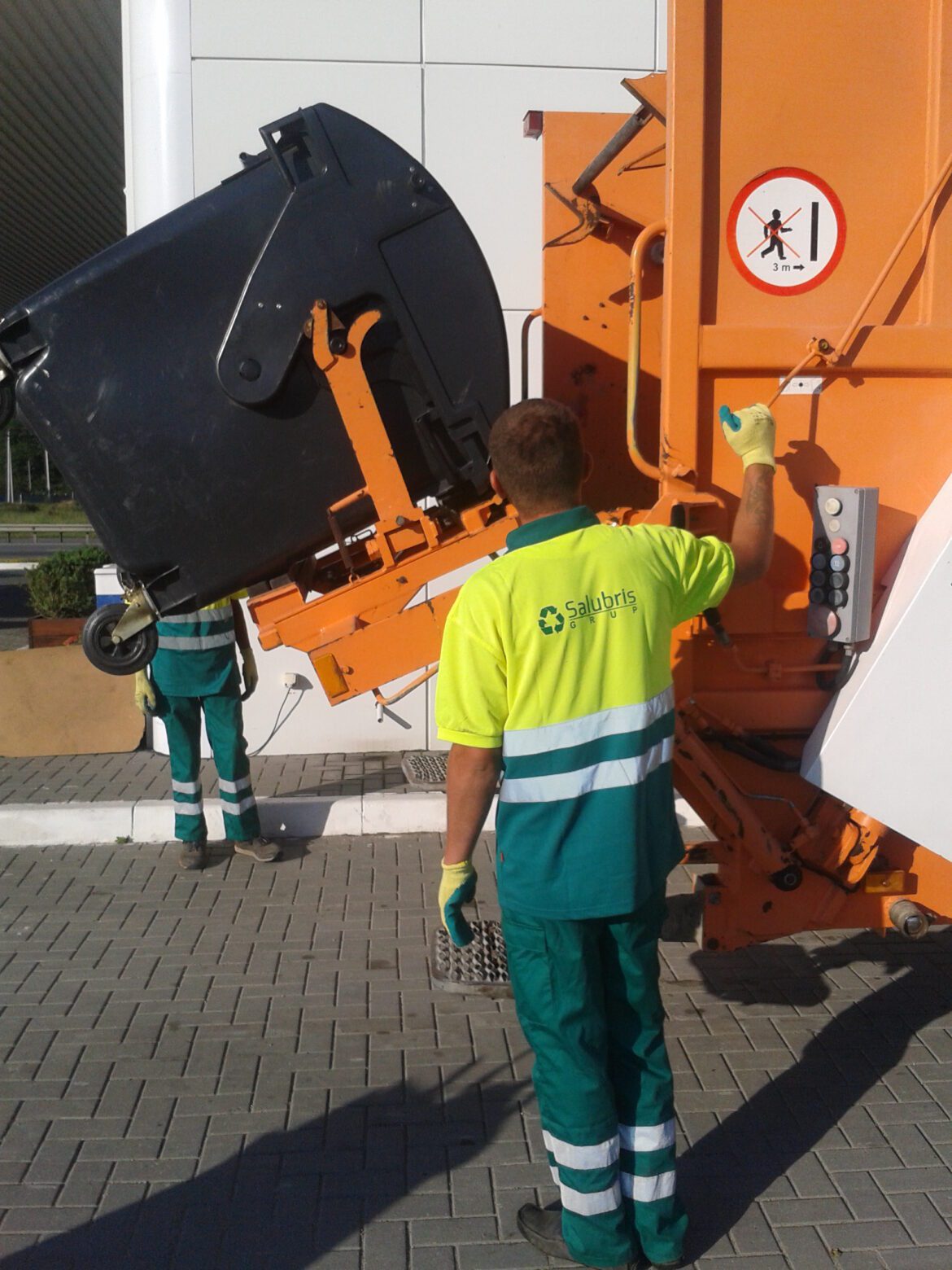
The enterprise collects all types of household waste and recyclable waste. In more and more localities where the company provides services, dumpsters for the selective collection of waste are installed at the waste platforms. It is a fixed schedule when the company's trucks collect from the bins installed for recyclable waste (example: cardboard - Tuesday, glass - Wednesday, plastic and metal - Thursday) and household waste (Wednesday and Saturday). Recyclable waste is sorted once again: according to the specifics of the material, or according to color, or according to the degree of contamination with other waste. Another type of collection is the household waste, from which the recyclable waste is extracted by sorting. After we have obtained the recyclable material, it is baled, stored or transported to the factories in the country.
MD: How many localities are covered by the selective waste collection and mixed collection services provided? Do you have plans to expand the range of services provided and the number of localities served?
At the moment we are collecting waste from several localities in the northern area of Chisinau, between the perimeter of the Stauceni localities and Ratuş village, Criuleni district, including Or. Criuleni. We are now preparing a larger program for the collection of selective waste in the localities where we operate (we collaborate with local public authorities by installing selective waste collection bins), and to reduce the collection of household waste by collecting recyclable waste. We plan to expand the activity to other localities in Chisinau. At the moment we are in discussions with the LPAs. The company Salubris Grup SRL also offers construction waste collection and sanitation services: street sweeping, grass cutting, cleaning and maintenance of public and private spaces, snow removal.
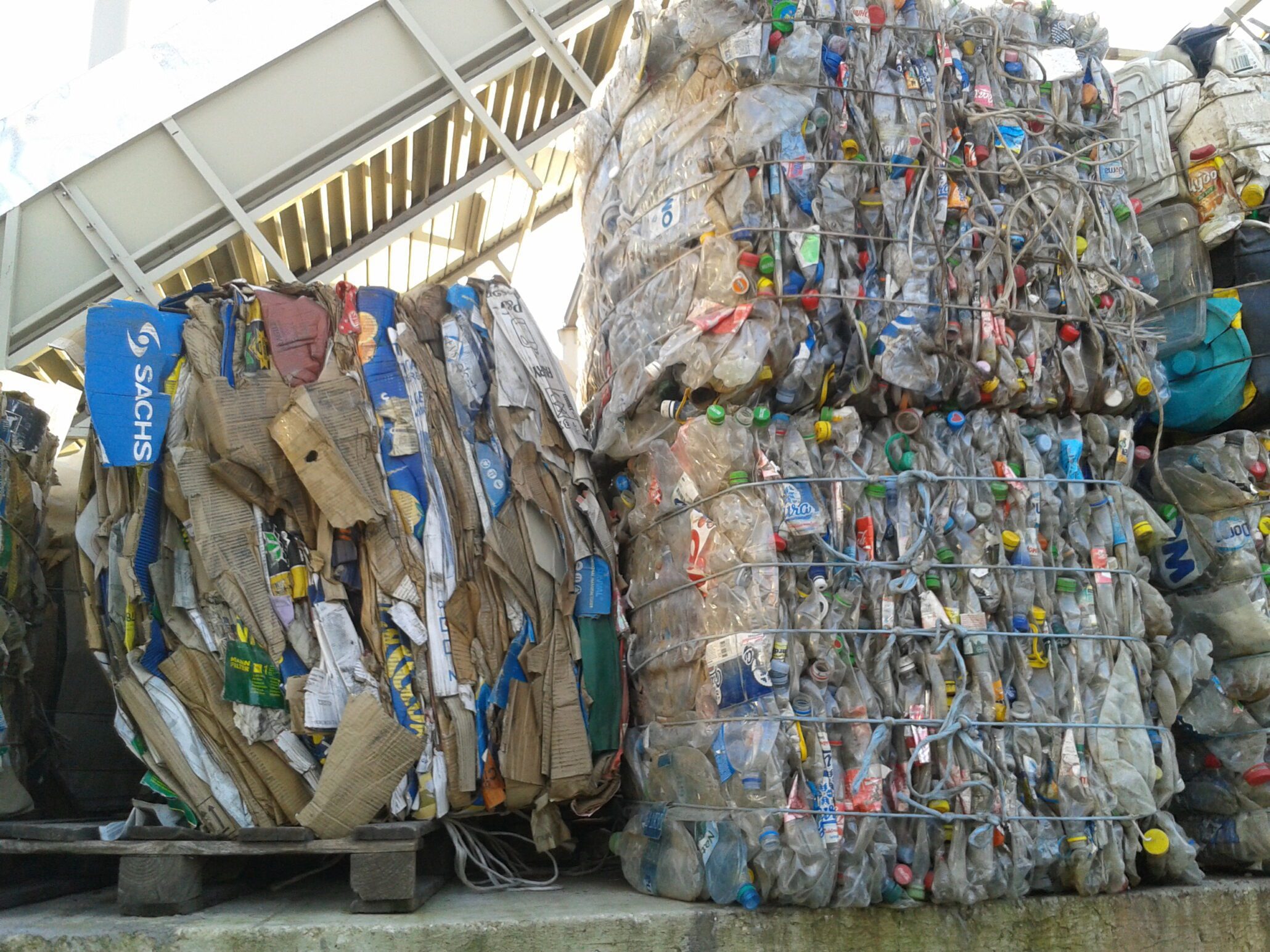
MD: What are the trends regarding waste sorting in households? How does this process work and if you take any measures to inform and educate people to sort waste separately by category (metal and plastic/glass/cardboard and paper)? Can we say that people learn to collect selectively and do not throw waste into the mix or are we still lagging in this chapter? We know you have separate bins installed for metal/plastic, glass, cardboard and paper. Amount and types of waste collected?
Another activity of the enterprise (on a narrow niche) is the "door to door" waste collection from tenants. On the day when the waste is collected, people take out the already pre-sorted waste at the gates. Tenants are receptive to putting waste selectively, because they are aware that this waste once collected by us does not end up in the landfill. Sometimes households request certain containers (bins or crates) to put the waste as selectively as possible. When we started this selective collection service from the population, the residents periodically received brochures where they were informed how to put the waste selectively, and they were offered 2 months of accommodation, that is, for a period of 2 months the waste was picked up even if you put me mixed. After 2 months, if the waste was not placed selectively, the waste was not picked up and a sticker was stuck on the container where it was written STOP-don't mix the garbage, in order for the tenant to understand why his garbage was not picked up. After my own analysis, I found that the most receptive to putting the waste selectively are people between the ages of 20 and 40, and of these, the most receptive are people with small children.
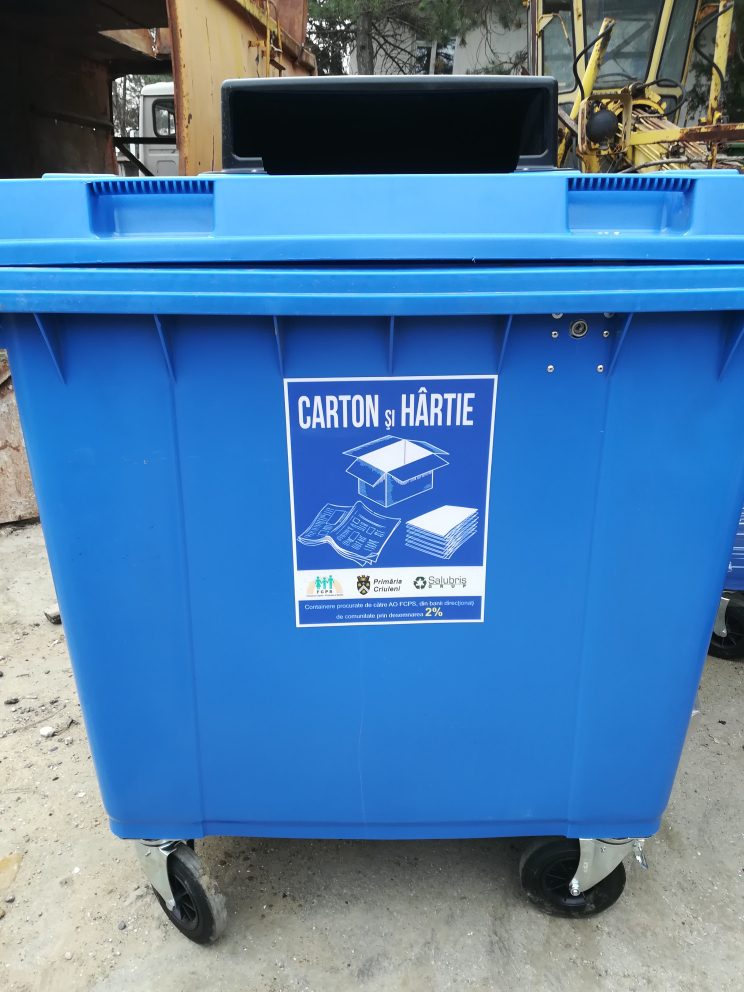
MD: Certainly, a waste collection business is a big challenge. Please tell us from your experience whether this activity is profitable or not? What is the economic value of collected and sorted waste?
Like any business in the Republic of Moldova, we encounter difficulties, we always have some challenges, but anyway we try to overcome it together with the team. If it is a profitable business? good question, if we take a specific service such as waste sorting, I don't think it will be a profitable one, based on the fact that only 15% of the total waste represents the recyclable fraction. However, if we take the collection and sorting service as a whole, we can say that we have a profit margin, which allows us to pay off some arrears or make some more investments. At the moment we cannot say for 2019 what amount of recyclable waste we sorted or extracted by sorting from the total waste, we do these calculations at the end of each year, we do an analysis to see where we are and what strengths or weaknesses we had during a calendar year. The prices for the purchase of recyclable waste are mostly set by the international stock exchanges, depending on several factors, but oil being a reference indicator, which makes us have floating prices over the course of a year. Accordingly, there is no stability, that's why I think that if an entrepreneur does not have a warehouse for storing recyclable material and does not have certain financial reserves to pay salaries and taxes on time, he will not last long on the waste market. We tend to focus on new markets, such as export, which will bring added value to the work we do, and which will allow us to enter a new stage of enterprise development.
MD: It is gratifying that recently, topics about environmental issues are in the attention of media representatives, NGOs, partners from abroad and I hope closer to the local authorities. However, we are very far from a functional waste management system. Please tell us, from your point of view, what are the biggest shortcomings of the system and solutions to overcome them?
Although we are involved in activity 24/24, we are always looking for new information related to the latest trends in the world of waste, we analyze the experience of different countries of the world, how waste management is organized there, we participate in seminars, international workshops, discussions with different organizations or LPAs. This November we are invited for the second year in a row as visitors to one of the world's largest waste exhibitions that will take place in Italy - ECOMONDO 2019, with all this we come with clear solutions for waste management in a locality or region . But the big problem remains the reorganization within the APL, not that we don't want something done in this direction, just that there are other more urgent problems in the locality that are given priority such as: aqueduct, sewage, roads. And here I can give you an example: in the Scandinavian countries the waste collection and sorting rate exceeds 100%, but the Scandinavian countries are not part of the G–20 group of countries, the group of countries that concentrate in their economy 90% of the GDP world. Russia and India are part of this G–20 group, but the waste sorting rate is below 5%, and Japan is part of this group – the country where waste sorting reaches 103%. Here the question arises: what do the Scandinavian countries and Japan have, but Russia and India do not have for proper waste management? The answer is as simple as possible, they have no INFRASTRUCTURE. When we have infrastructure in all our localities, we will be able to talk about a functional waste management system. After six years of activity in the field of waste management, I can tell you that the Republic of Moldova is going through a stage of restructuring of the sectors of the national economy, such as agriculture, industry and other sectors, which bring clear indicators in the increase of the national GDP. Waste management is slowly but surely becoming a new branch in the economy of the Republic of Moldova, and this is just the beginning.
Interview conducted by the editors of the "Managementul Deșurilor" Magazine
Related articles
În tranziția spre economie circulară, exporturile de materii prime reciclabile din Uniunea Europeană către țări terțe
Ziua Internațională “Zero Deșeuri” sărbătorită pe 30 martie și facilitată în comun de Programul Națiunilor Unite
La data de 20 mai 2024, a intrat în vigoare noul Regulament UE 2024/1157 privind transportul deșeurilor
Anual ziua de 16 martie este dedicată celebrării – ZILEI FĂRĂ APĂ ÎMBUTELIATĂ (Bottled Water Free
Miercuri, data de 5 martie, Comisia Europeană a actualizat Lista Europeană a Deșeurilor pentru a menține
Centrul de Instruire și Consultanță E-CIRCULAR anunță lansarea campaniei „Martie ECO-ACTIV-Reducem impactul, creștem responsabilitatea!”, o inițiativă
Serviciul de gestionare a deșeurilor face parte din sfera serviciilor publice de gospodărie comunală, având un
În Republica Moldova, confuzia între deșeurile reziduale și cele organice sau umede este frecventă. Această confuzie
Responsabilitatea Extinsă a Producătorului (REP) este un mecanism central pentru gestionarea deșeurilor și protecția mediului. În
Începând cu octombrie 2024, Legea nr. 227/2022 privind emisiile industriale impune agenților economici să angajeze SPECIALIȘTI

